Moore McColl Jazz Society: Partners in Excellence and Distinction
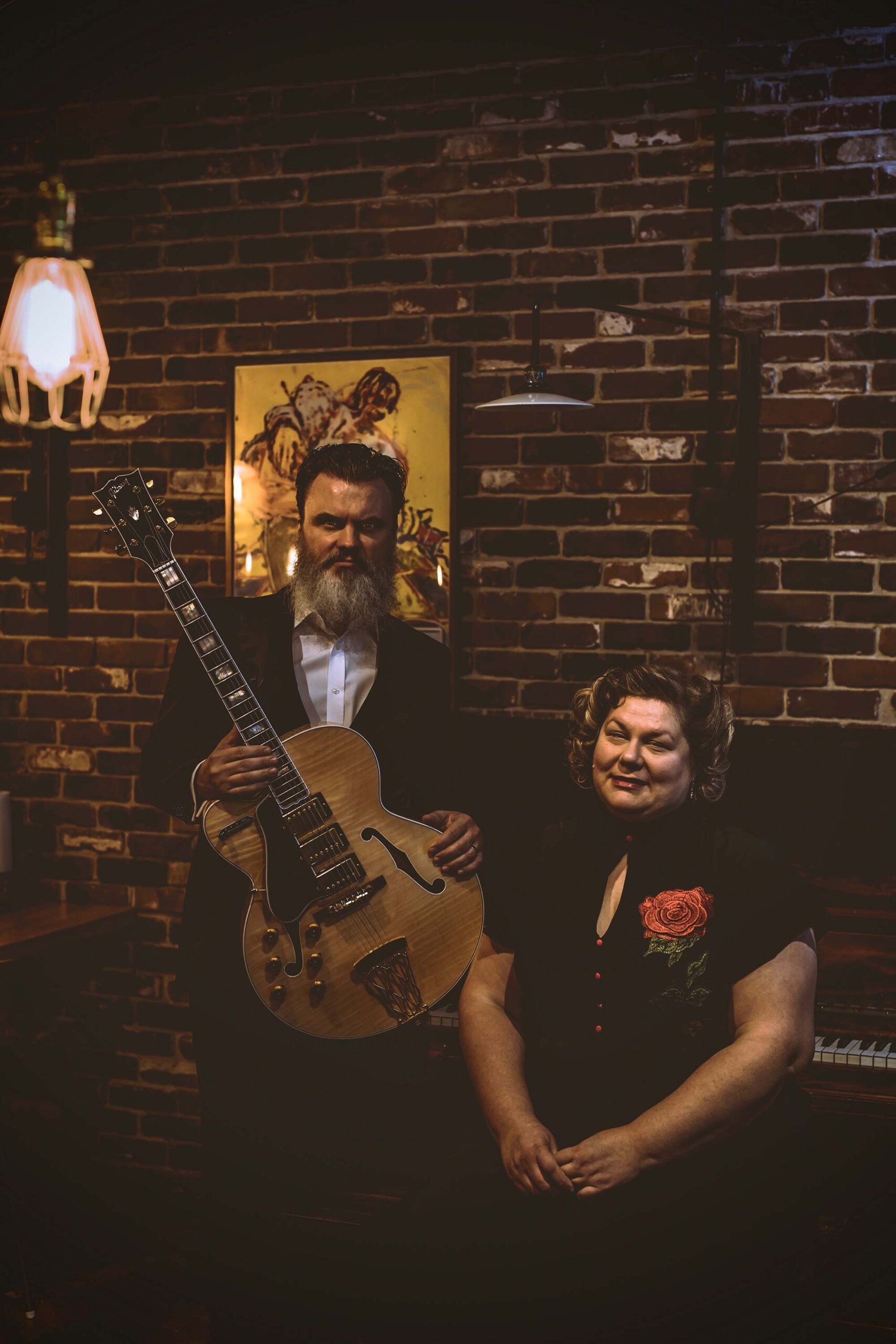 Partners possess a magical quality that puts ego aside and champions excellence and distinction. Partners in music that have made such a lasting impression have included Richard Rodgers and Oscar Hammerstein, Miles Davis and Gil Evans, and Nickolas Ashford and Valerie Simpson to name a few. Playing off each other produces a creation greater than the individual artists could make separately.
Partners possess a magical quality that puts ego aside and champions excellence and distinction. Partners in music that have made such a lasting impression have included Richard Rodgers and Oscar Hammerstein, Miles Davis and Gil Evans, and Nickolas Ashford and Valerie Simpson to name a few. Playing off each other produces a creation greater than the individual artists could make separately.
The microcosm of Moore McColl Jazz Society, led by the partners of pianist-composer-vocalist Beth Moore and guitarist-composer Chance McColl, possess a kinetic energy akin to previous partnerships through the annals of music. Their 2020 release Electric Fantastic tells audiences exactly how they feel about their recording, something of excellence and distinction.
Moore reveals, “Chance came up with the name Electric Fantastic as an homage to the electrifying of traditional jazz and blues. We gotta plug the organ in and the guitars, so there you go.”
She ponders about her partnership with Chance McColl on the recording, “For me, I know having Chance as a partner has elevated my playing and I think we always want to bring our best to the group. This is a unique project in that we both play rhythm treble instruments; but combining guitar with organ was a fantastic idea – there’s a lot of sonic room there and there may be more of that in the future.”
McColl has equal reverence for his partnership with Moore as he praises, “Beth is a Berklee-educated talent; she’s a masterful pianist/keys, vocalist, writer, and arranger. I love the challenge of trying to keep up with her. Plus, it’s just fun to bring in musical ideas and see others take them and make them better, and bring them to life.”
 Electric Fantastic demonstrates how an electric organ and electric guitar can make meaningful songs in the way that Rodgers and Hammerstein’s works influenced the standard for musical theatre, Davis and Evans’s single recording spearheaded cool jazz, and Ashford and Simpson’s brand of R&B/soul made large strides in mainstream music. Likewise, Moore McColl Jazz Society’s release spurs a similar effect on the fusion of blues and jazz.
Electric Fantastic demonstrates how an electric organ and electric guitar can make meaningful songs in the way that Rodgers and Hammerstein’s works influenced the standard for musical theatre, Davis and Evans’s single recording spearheaded cool jazz, and Ashford and Simpson’s brand of R&B/soul made large strides in mainstream music. Likewise, Moore McColl Jazz Society’s release spurs a similar effect on the fusion of blues and jazz.
Recorded at 800 East Studio in Atlanta, Georgia, the pair felt the home of such blues innovators as Peg Leg Howell, Cora Mae Bryant, and Tinsley Ellis, affected them profoundly, foddering their furnaces to make penetrative melodies using the blues jazz palette. McColl explains how the studio was chosen, “Beth brought the idea of recording at 800 East. It’s a great facility that allowed all of the band to be either in the same room together or within sight range of each other during recording so we could play off each other’s energy.”
He recounts how he wrote the track “800 East” on the recording as a tribute to the studio, “I’d written a swing-type tune that leant itself well toward featuring all the players, giving each of them an opportunity to express something creative via their solos. Tim [Aucoin] on upright bass and Joel [Morris] on drums are brilliant players who truly needed no direction from me. They immediately ‘got it’ and delivered exactly what the songs needed.”
Joining Moore and McColl in their Jazz Society ensemble is Joel Morris on drums and percussion and Tim Aucoin on acoustic and electric bass, both are A-list players in Atlanta. McColl extols, “Atlanta has amazingly talented jazz musicians. I’ve been fortunate to work with a number of them on this project.”
Also on board is McColl’s nephew Declan Ward on alto saxophone and Ward’s schoolmate Caleb Lattimore on trumpet. The pair additionally are accompanied by special guests who played on select tracks including Ben Holst on pedal steel guitar, Scott Rasher on trombone, Christopher Alpiar on tenor saxophone, and Jordan Alyssa and Devynn Phoenix Robinson on backing vocals.
“I Remember Danny Gatton,” a smooth blues jazz track on Electric Fantastic written by McColl, features pedal steel guitarist Ben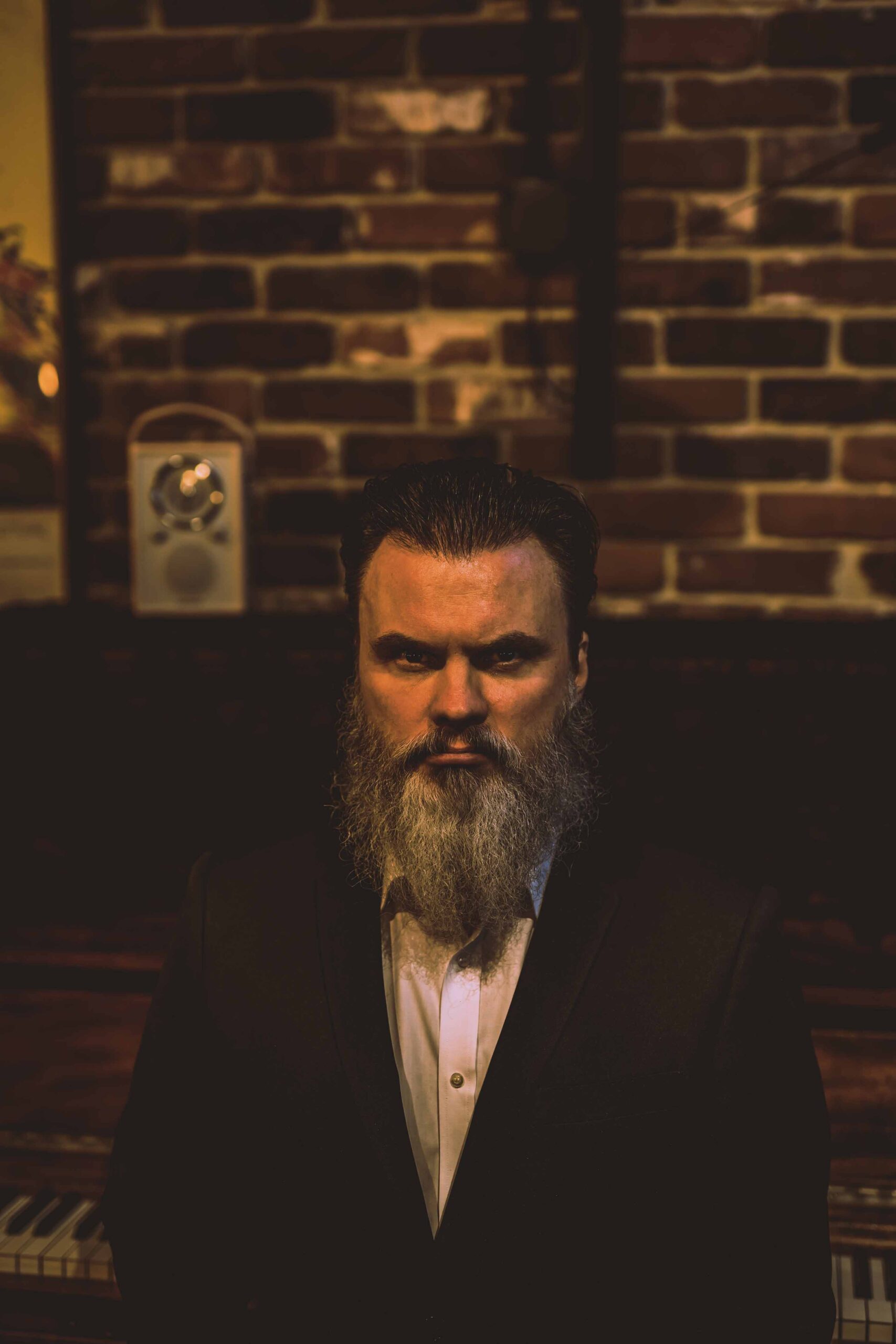 Holst. McColl provides, “Ben recorded/engineered the record for us at 800 East. I wrote this song as a tribute to the late Danny Gatton, a brilliant guitarist who seamlessly merged jazz, country, rock, and rockabilly in his playing.”
Holst. McColl provides, “Ben recorded/engineered the record for us at 800 East. I wrote this song as a tribute to the late Danny Gatton, a brilliant guitarist who seamlessly merged jazz, country, rock, and rockabilly in his playing.”
He reminisces, “Danny loved collaborating with other musicians; he had fruitful creative periods with pianists [like] Dick Heintze, B-3 organists [like] Dick Heintze, Joey DeFrancesco, as well as pedal steel players [like] Buddy Emmons. So when I wrote this, I wanted to feature both piano [with] Beth as well as a country flavor on guitar, sort of a call-and-response to my melody line. I was originally going to play those lines on my Telecaster with a B-bender to emulate pedal steel licks. However, during the recording process, I learned that Ben is a masterful session musician on a range on instruments, including pedal steel. It made way more sense to bring in his voice rather than me try and emulate the sounds I was going for. I’m so glad I did; his playing really produced the sweetness/sadness I was going for in the tribute to one of my music heroes.”
One of Moore’s contributions to the recording is the elevating “Like A Symphony,” which gives her the opportunity to showcase her melodic sensibilities on piano and her lyrical style on vocals. Also performing on the track is Alyssa on backing vocals with Ward and Alpiar on saxophones and Lattimore on trumpet. Moore recollects how the composition manifested, “In college, I fell in love with bands like Brand New Heavies and Incognito, which to me had heavy jazz influence with more pop-like production on horns and vocals. I had those memories bouncing around my head and discovered an interesting melody could be made from going back and forth from major to minor in the same key, so that’s how that song was born.”
“As far as the lyrics go,” she continues, “I often have these grandiose feelings about life, so comparing it to playing in an orchestra seemed apropos – kind of another way of communicating the ‘all of life is a stage’ idea. The horn lines just evolved as a support to the chords and melody. I just tried imagining what would Incognito or BNH do with their fabulous horn sections? The interlude was also a great place for Chance to shine with the melody at the key change and make it pop. I used Logic for the horn arrangements but we did some doublings and overdubs on some of the parts. Chris Alpiar and Ben Holst were excellent in getting the best live group performance out of the players. This was my first foray into writing horn parts since college, but just knowing those horn players were going to be excellent drove me to want to give them some great lines to play.”
 Another contribution that Moore made to the recording is her cover of Supertramp’s hit song “The Logical Song.” She describes how the idea to include the track came to her, “I have a binder full of covers and originals that I sometimes carry around with me… and ‘The Logical Song’ was in there from like 15 years ago. I was messing around with it after one of my students finished her lesson; I was in a tiny practice room and really just felt the melody was simple enough, it would be a great exercise to try to reharmonize new chords under it. I slowed it down and it sounded more pensive and emotional to me, so I thought I could add my jazzy element to it.”
Another contribution that Moore made to the recording is her cover of Supertramp’s hit song “The Logical Song.” She describes how the idea to include the track came to her, “I have a binder full of covers and originals that I sometimes carry around with me… and ‘The Logical Song’ was in there from like 15 years ago. I was messing around with it after one of my students finished her lesson; I was in a tiny practice room and really just felt the melody was simple enough, it would be a great exercise to try to reharmonize new chords under it. I slowed it down and it sounded more pensive and emotional to me, so I thought I could add my jazzy element to it.”
“Sometimes my students really inspire me!” She beams about Scott Rasher, the trombonist on the release, “Scott [Rasher] is my cousin’s son. I think the technical term is ‘first cousin once removed,’ and a burgeoning trombone player. I loved the idea of having him on the recording. To get that fuller sound, the horn section also needed some bass! It was fun to work with a young musician in the studio and share that experience with him.”
Moore and McColl came together on “Blues for Lonnie Williams,” a collaboration brimming with bluesy swells. McColl chronicles how the track was seamed together, “I lived in Seattle from the mid-to-late 90’s. While there working as an engineer, I studied jazz on the side and was introduced to an incredible local jazz legend, saxophonist Lonnie Williams. I was privileged to be able to sit in with Lonnie at some shows and was for a period, his guitarist for his Monday night standing gig in Pioneer Square. I learned so much from Lonnie, in terms of phrasing and feel, as well as performance. I wrote the chord progression and melody line to this song as a tribute to Lonnie. I brought it to Beth and she fully fleshed it out, adding these wonderful, complex horn harmonies. She also helped identify the feel I was going for in this song.”
Lonnie Williams may have steered McColl to hone his style of blues guitar but it was another individual in his life who brought blues music into his world. He shares, “My mother got me into blues. Blues then led me to jazz. I’ve loved listening to great jazz organists – Jimmy Smith, Jimmy McGriff, Groove Holmes – and that led me to want to collaborate on this project with Beth.”
Moore’s introduction to blues came from delving into freestyle jazz as she recalls,”I’ve always loved the demand of improv – a way to let loose your emotional whims within an advanced theoretical framework. I have a lot of respect for jazz artists like Diana Krall, Chick Correa and Herbie Hancock and more bluesy pianists like Ray Charles and Marcia Ball. Personality, skill and sass when combined make for great music and as a piano player. I love challenging myself.”
Like her partner, Moore’s family were music enthusiasts as she remembers, “My mom was a music major in college, was classically trained in voice and piano, and my dad played clarinet in band and in a lot of 60’s rock and soul on guitar and sax so I grew up with every sort of music in the house! I thank my musical family for instilling a broad range of ideas and influence in my musical education.”
She contends, “Growing up in the 80’s though, of course, gave me a love for Elton John, Billy Joel and performers like Tori Amos but in college I discovered Nina Simone and that was it. I was transfixed. I think I’ve always been looking for ways to combine pop coolness with the richness of emotion and depth of jazz and blues. I try to reflect that in my vocals and songwriting. I guess I’m always just trying to emulate the greats and I’ve always wanted to do a little bit of everything.”
Contrastly, McColl’s attraction to play the guitar began with his foray into hard rock. “I have a great story for that,” he leads as he raves, “I was 13 or so, driving back with my family from visiting my grandparents in eastern Kentucky at Thanksgiving. My older sister’s boyfriend was with us and he placed headphones from his Walkman on my ears and played the song ‘Are You Experienced?’ by Jimi Hendrix. Hearing Jimi’s guitar looping through my ears in stereo changed me in that moment. From that point, I wanted to learn to play guitar. What drew me to guitar from that experience was its expressiveness, its tones, and its ability to tell a story through melody and solo.”
Regarding his earliest musical experiences, he proclaims, “I would say it was guitar teachers/mentors. When I started, I studied for a few years with a local guitarist named Lee Spivey. Lee loved a range of styles and taught me not only how to play but how to listen and how to develop an expressiveness on guitar. Looking back I remember Lee’s smiling face when he heard a great solo as much as I remember his great playing.”
On the other hand, Moore’s earliest musical experiences revolved around her family. She asserts, “Again, I have to mention my awesome family because my dad was really influential in my development. He would bring home keyboards and say ‘Here, check this out!’ He always had me playing and singing in his bands, performing for a crowd and he was the first to show me the blues in C. His parents were great performers as well. My Aunt Barbara is a genius sight reader and my Great Aunt Eva played a mean stride piano. I guess it was just kind of expected that I would follow suit, which now as an adult, I am truly thankful for and realize how special that is.”
She muses, “When I first moved to Atlanta in 2011 from New York City, it seemed like everyone was playing jazz. I got started working in a couple of big bands and ended up playing restaurant gigs and doing some solo work. I felt like jazz and blues in Atlanta is really embedded in the culture and just everywhere, so it was easy to find folks to play with.”
Live performances are an essential part of the musicians world in Atlanta but due to the COVID-19 shudowns through most of 2020 and into 2021, live shows had to be put on hold. Moore laments, “I do miss playing for people live. I know we’ve got some plans to do it again hopefully later in the year, but there’s nothing like hearing your song in the headphones for the first time with other musicians after that first take. Because once the music is played instead of just being in your head, it’s really something and really gratifying. Everyone brings their awesomeness to the moment and it’s great especially with such top-notch players.”
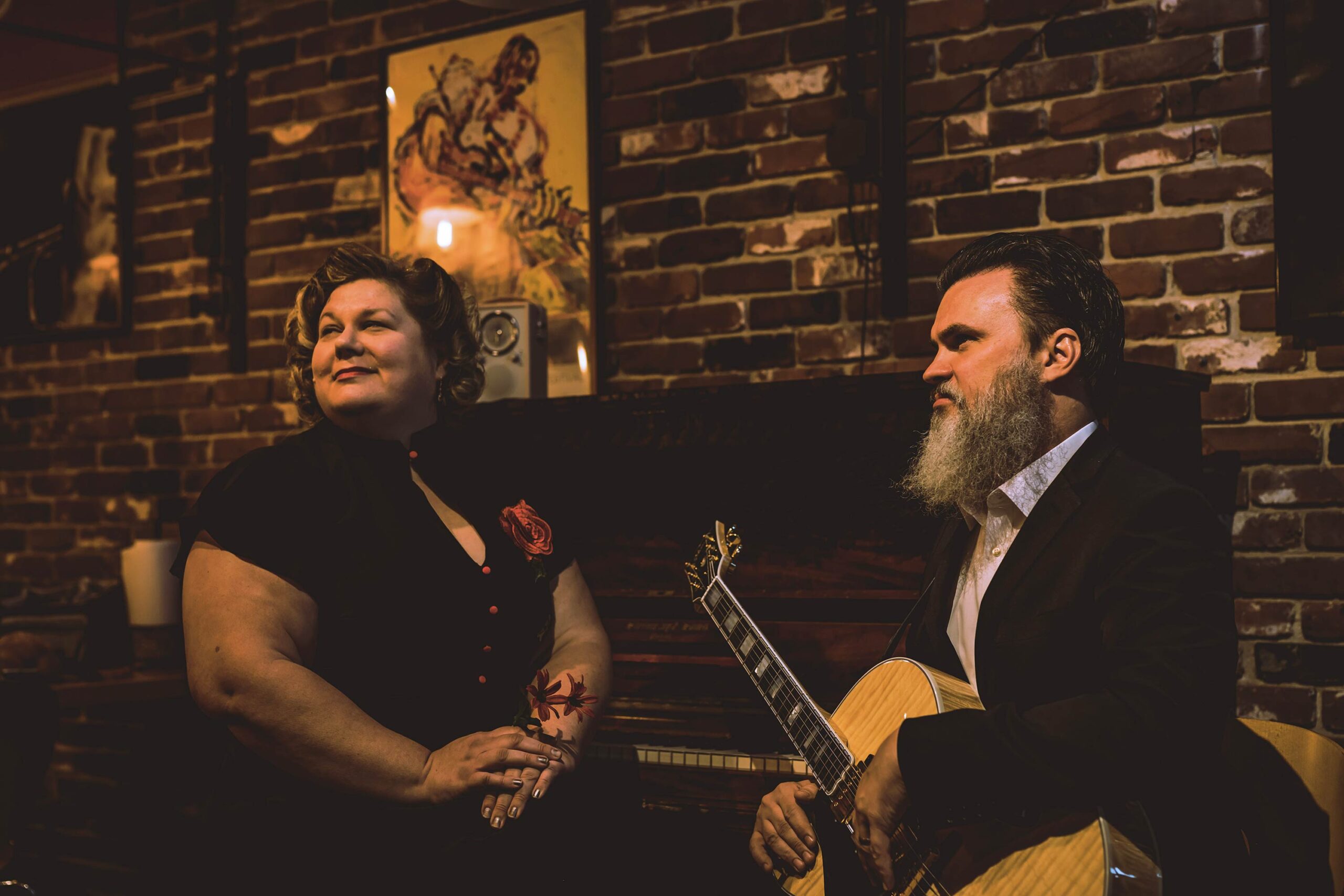 McColl illustrates the positive effects of both playing in the studio and playing live. “I love both,” he admits. “There’s something very meaningful about recording, effectively creating an imprint of this moment of creativity. It’s very rewarding. I also love and miss! playing live. There’s that added element of bringing an audience into the performance that’s so meaningful and gratifying. We can’t wait to get back to live shows.”
McColl illustrates the positive effects of both playing in the studio and playing live. “I love both,” he admits. “There’s something very meaningful about recording, effectively creating an imprint of this moment of creativity. It’s very rewarding. I also love and miss! playing live. There’s that added element of bringing an audience into the performance that’s so meaningful and gratifying. We can’t wait to get back to live shows.”
In the meantime, the Moore McColl Jazz Society released a 2-track Christmas CD in November 2020, which Moore offers. “We followed up Electric Fantastic with a couple of 2020 Christmas tunes. We are planning some more recordings and will hopefully get back to playing out soon. We still need to do an album release show! Continuing to build our fan base and reach more people is definitely still a goal of ours.”
Traits of excellence and distinction that metamorphose from the endeavors of partners are trackable on Electric Fantastic. Beth Moore and Chance McColl’s fusion of blues and jazz produce creations greater than what they can compose separately. Like Richard Rodgers and Oscar Hammerstein’s impact on music theatre, Miles Davis and Gil Evans’s foundation for cool jazz, and Nickolas Ashford and Valerie Simpson’s influence on mainstream music, Moore and McColl deliver blues with permanence and a zeal that sturs audiences.
About Susan Frances:
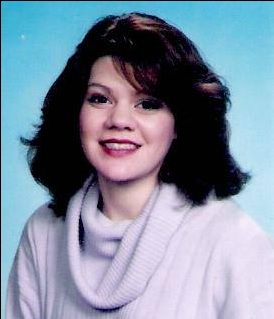 Born in Brooklyn, New York and raised in eastern Long Island, I always enjoyed writing and made several contributions to my high school literary magazine, The Lion’s Pen. Influenced by writers of epic novels including Colleen McCullough and James Clavell, I gravitated to creative writing. After graduating from New York University with a BA in Liberal Arts, I tried my hand at conventional jobs but always returned to creative writing. Since 1998, I have been a freelance writer and have over three thousand articles to various e-zines including: Jazz Times, Blogcritics, Yahoo Voices, Goodreads.com, Authors and Books (books.wiseto.com), TheReadingRoom.com, Amazon.com, Epinions.com, Fictiondb.com, LibraryThing.com, BTS emag, BarnesandNoble.com, RomanticHistoricalReviews.com, AReCafe.com, Hybrid Magazine, and BookDepository.com. In 2013 and 2014, I was a judge in the Orange Rose Writing Competition sponsored by the Orange County chapter of the Romance Writers of America located in Brea, California.
Born in Brooklyn, New York and raised in eastern Long Island, I always enjoyed writing and made several contributions to my high school literary magazine, The Lion’s Pen. Influenced by writers of epic novels including Colleen McCullough and James Clavell, I gravitated to creative writing. After graduating from New York University with a BA in Liberal Arts, I tried my hand at conventional jobs but always returned to creative writing. Since 1998, I have been a freelance writer and have over three thousand articles to various e-zines including: Jazz Times, Blogcritics, Yahoo Voices, Goodreads.com, Authors and Books (books.wiseto.com), TheReadingRoom.com, Amazon.com, Epinions.com, Fictiondb.com, LibraryThing.com, BTS emag, BarnesandNoble.com, RomanticHistoricalReviews.com, AReCafe.com, Hybrid Magazine, and BookDepository.com. In 2013 and 2014, I was a judge in the Orange Rose Writing Competition sponsored by the Orange County chapter of the Romance Writers of America located in Brea, California.


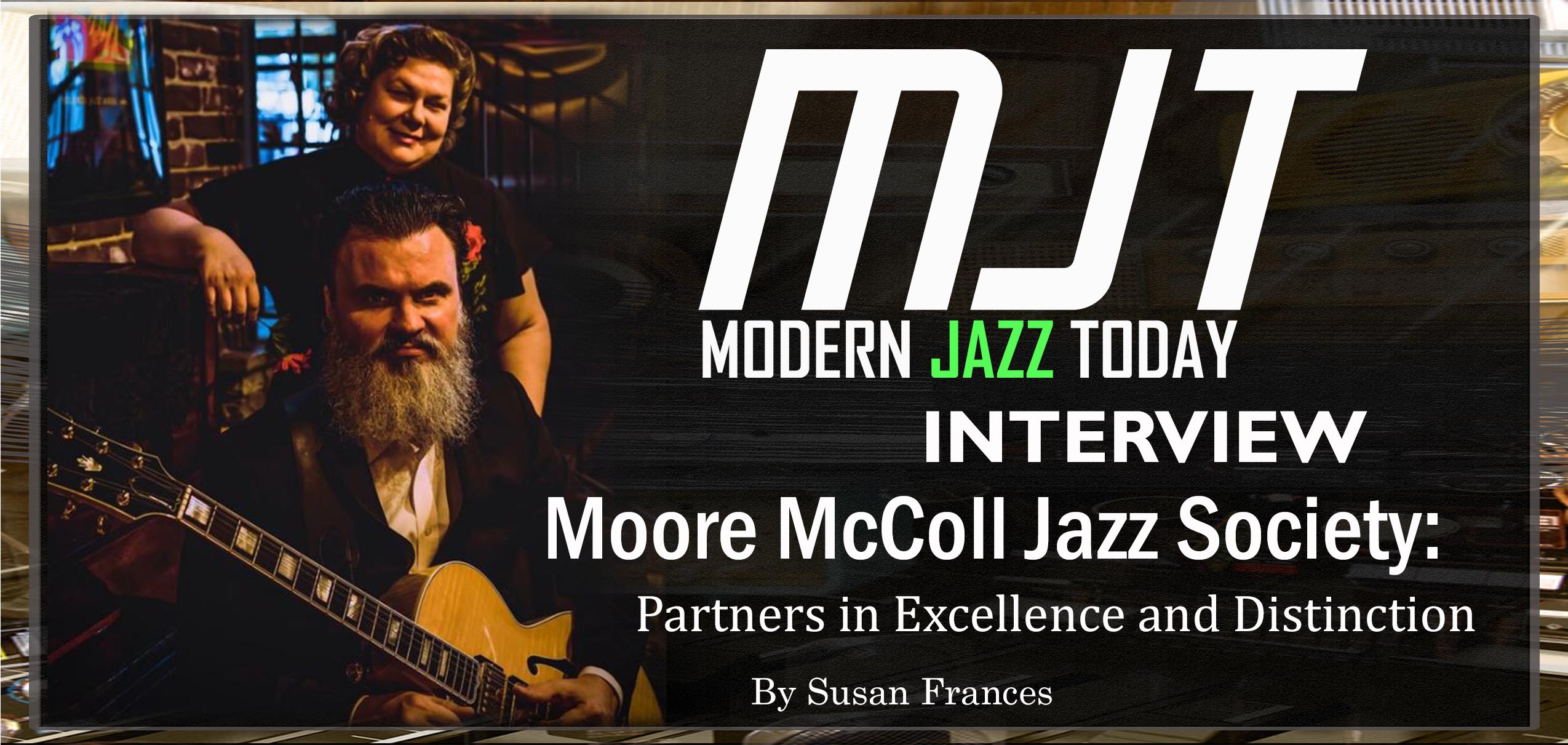


No Comments